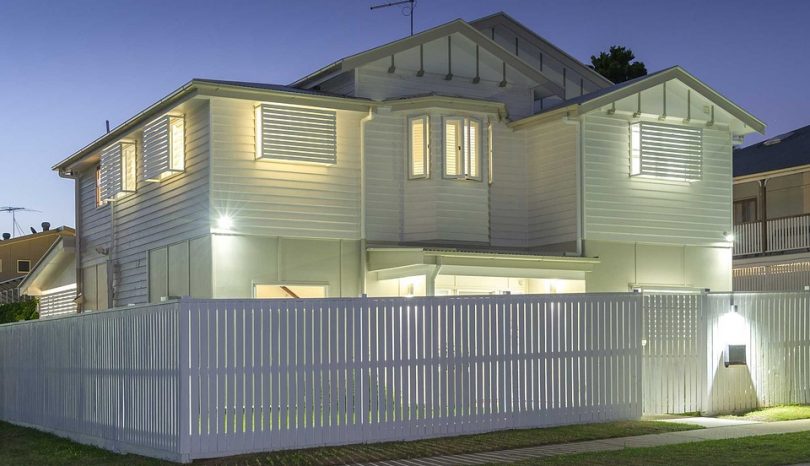Adding An Extension To Your Home: What You Need To Know
Expanding your living space can be a great way to increase your comfort and add value to your home. However, the home extension cost nz can vary depending on a number of factors, including the type of extension you want and the materials you use. Before you start your home extension project, it’s important to consider the following factors to help you budget and plan for your project.
Size Of The Extension
The size of the extension is a major factor in determining the cost of the project. Obviously, a larger extension requires more materials and labor, which translates to a higher home extension cost nz. Typically, the larger the extension, the higher the cost.
Type Of Extension
There are several types of home extensions that you can choose from. These include single-storey, two-storey, conservatories, sunrooms, and orangeries. Each type of extension has its own unique features and costs. For example, a conservatory is usually cheaper compared to a two-storey extension since it requires less construction work.
Materials Used
The materials used in your extension also affect the overall cost. For example, using high-quality materials like hardwood or marble may cost more compared to cheaper options like laminate or vinyl. It’s important to note that using high-quality materials may increase the value of your home in the long run. It is also important to consider energy-efficient materials, which can help you save on energy bills.
Labor Costs
Labor costs usually make up a significant portion of the home extension cost nz. The cost of labor depends on several factors, including the size of the extension and the complexity of the design. Additionally, the location of your property can also affect labor costs. For example, if you live in an area with a high cost of living, you can expect to pay more for labor.
Planning And Building Regulations
Before you start your home extension project, you need to obtain the necessary permits from your local council office. Additionally, you need to ensure that your extension meets the building regulations, and adheres to the local zoning restrictions. This can increase the cost of your project, as you may need to hire a professional to help you navigate the regulations.
Other Additional Costs
Apart from the factors mentioned above, there are other costs that you need to consider when budgeting for your home extension project. These include interior design and decorating costs, as well as the cost of furniture and appliances. You should also factor in the cost of utilities, maintenance, and repair costs of your new extension.
A home extension can be a great way to add functionality and value to your home. However, it’s important to factor in all the necessary costs before starting your project. The home extension cost nz will usually depend on the size, type of extension, materials used, labor costs, and planning and building regulations. To save costs, consider using high-quality and energy-efficient materials and hiring reputable contractors. Happy renovating.
